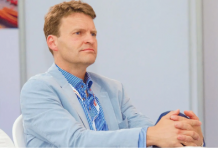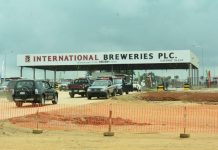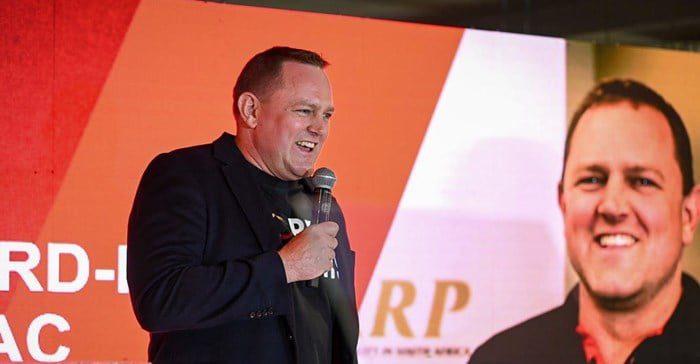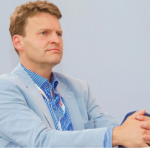The South African Breweries (SAB) has announced its repositioning plans which include a new logo.
Leading the charge towards this new ‘future with more cheers’ is SAB CEO Richard Rivett-Carnac who said, “our big dream is to contribute meaningfully to the growth of the South African economy, creating jobs and building thriving communities”.
Rivett-Carnac said a clear and refined strategy has been put in place to help propel SAB to dream big and create a future with more cheers. This strategy is driven by three central pillars which are all underpinned by what Rivett-Carnac defines as SAB’s most important driver – responsibility. These pillars include leading the beer category responsibly, optimising the business, and both digitising and monetising the customer and consumer experience.
Leading and growing the beer category
To lead the beer category, Rivett-Carnac believes that SAB should continue to focus on the success of its core brands. He said this is a proven strategy given the success of core brands like Carling Black Label experienced a 30% increase in revenue in the third quarter of the year.
Additionally, our premium, super premium and beyond beer portfolios all delivered a double-digit increase in volumes. Our core line of products has always been the heart and soul of our business and will no doubt help us lead the category in this new future.”
For him, leading the beer category means scaling innovations, and elevating the brand’s Beyond Beer category. Across the world, AB-InBev’s Beyond Beer business grew its revenue by over 10% this quarter. In South Africa, strong contributors include the likes of Brutal Fruit and Flying Fish, which continued to deliver on double-digit volume growth.
Digitising and monetising
In this repositioning strategy, Rivett-Carnac said the power of dreaming big and creating a future with more cheers lies in communities, and in particular, the township economy.
“For us, it is the liquor stores and taverns are a core part of the reason we do what we do, and we owe it to them to bring them into the economy that will not only help them grow but grow the country.”













































